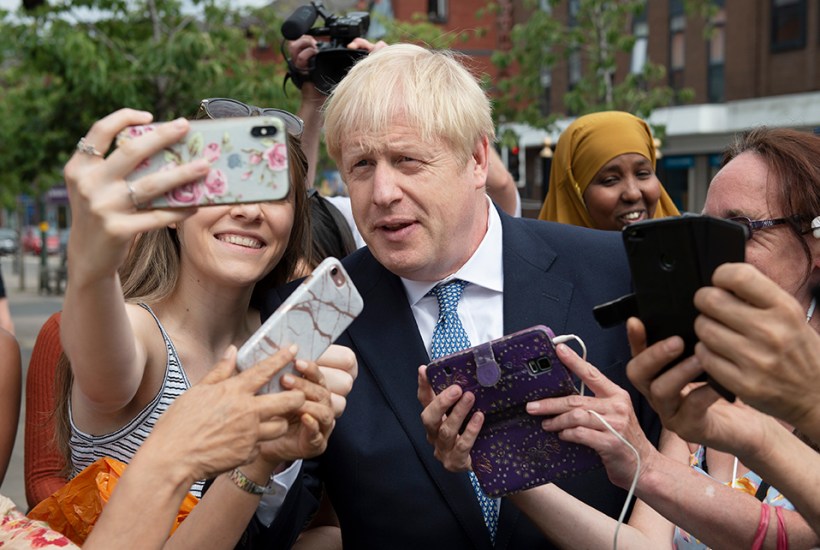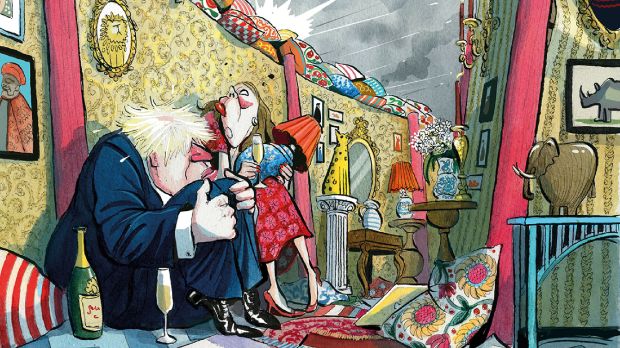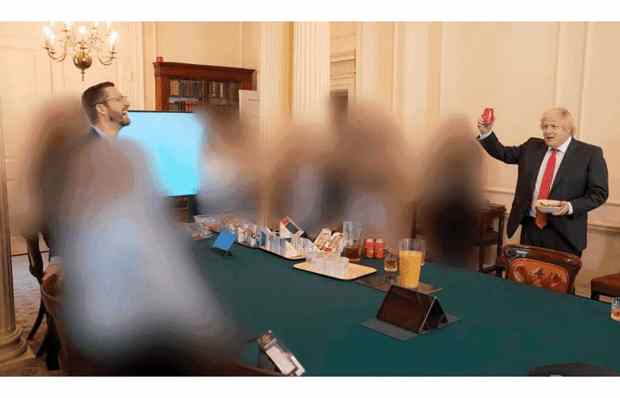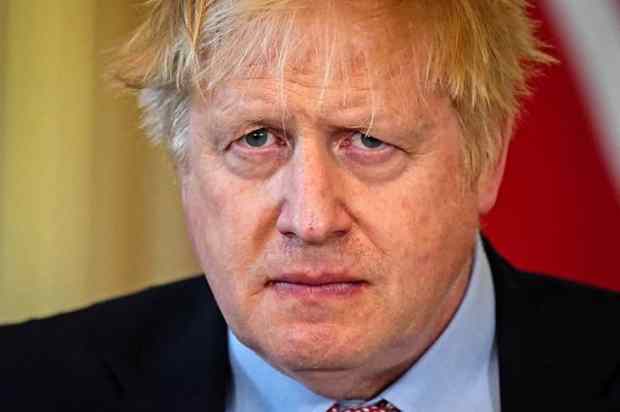Loyalty, it used to be said, was the secret weapon of the Conservative party. That hasn’t been true for some time. Back in 2006, the then MP for Henley wrote of the Tory party having succumbed to ‘Papua New Guinea-style orgies of cannibalism and chief-killing’. Boris Johnson later had to apologise to Papua New Guinea for the insensitivity of that observation. But he wasn’t wrong about the new Tory tendency to kill the chief, as he discovered so painfully last year.
Still, until recently a new party leader could expect a year or two of relative stability, when enemies would stay their spears and doubters would do their best to lend support.
No longer. Rishi Sunak has been Conservative leader and Prime Minister for just three months. His premiership arose from the ashes of Liz Truss’s 49 days in No. 10. Already the rumblings against him are beginning, and not just in private. Lord Greenhalgh, a former colleague of Johnson’s at City Hall, said this week that ‘I don’t see him [Sunak] as an election-winner’. He added that there is a ‘strong probability’ of Johnson returning to Downing Street this year.
It is desperation that’s leading Tories to think in this way. Unlike the pound, the party’s opinion poll ratings have never properly recovered from the debacle of September’s mini-Budget.
Sunak has managed to lift support for the Conservatives from 20 per cent to about 25 per cent, while Keir Starmer’s Labour is holding firm on 45 per cent. This time last year, Johnson’s Tories were ten points behind, hardly unusual for a governing party midway through parliament. Those who deposed him often asked how things could possibly get worse. They have their answer.
In the current environment, only a few dozen Tory MPs can count on retaining their seats. Those destined to be defeated may feel that they have nothing to lose by precipitating yet another change of leader. Johnson, they might argue, has a strong record of winning elections when the dice were loaded against him. Unlike his successors, he can still claim a personal mandate to lead the country on account of the 2019 general election.
But Tories are fooling themselves if they think Johnson is the answer to their predicament. He is not a king over the water. He is the wounded loser of a joust with his own henchmen. It would be ludicrous for the party to go to the polls with a leader so many Tory MPs have so publicly denounced as unfit for office. Could they expect to be taken seriously as they shuffle into radio and TV studios to make out that they had changed their minds and decided that Johnson, after all, was the best person to lead the country?
It is not just the manner of his leaving office that should disqualify Johnson from a rapid return to power. It is his record at No. 10. This magazine was quick to appreciate the political gifts of our former editor. He was an inspired choice for mayor of London and the right person to lead the Conservatives in 2019. His economic and social liberalism helped broaden the appeal of the party. The pandemic, however, exposed many of his foibles – in particular his difficulty in translating his liberal beliefs into action. He faced a great test and he failed.
In fairness, for all the chatter, Johnson has given no clear recent hint that he is planning a comeback. HarperCollins has just signed him up for a memoir. He is one of the most gifted political writers of our times. If his autobiography were candid – and were to explain why his ideas seemed to dissolve on contact with reality – he could provide a great public service.
Sunak’s team will be worried about what Johnson’s allies might do after the Tories suffer a shellacking in the May local government elections. But the man himself is quiet, showing up only to have his portrait unveiled at the Carlton Club. While our newspapers may be enlivened by a weekly column from him, he has chosen not to write one. He has been in Davos on a panel discussing Ukraine. None of this can be seen as making eyes at his would-be supporters in Westminster.
Sunak was not the first choice of Tory party members. Were it not for Truss’s implosion, he would not be in Downing Street. The circumstances of his arrival mean he started with the lowest satisfaction rating of any modern prime minister, and those ratings have headed south from there.
He is tarnished with some of the same stains as Johnson. He was, after all, Chancellor while the government’s purse strings were dangerously loosened.
Yet Sunak has a command of issues, and of figures especially: something that Johnson lacked. He may not be very adept at articulating his vision for the country, but he does have an ability to manage day-to-day government – another thing Johnson lacked. He is a good speaker and debater, although he needs to get better at answering interview questions. He frightens neither markets nor voters. He wishes to be defined by deeds, not words. He deserves to be given a chance to accomplish those deeds. The government and country would have to be in a sorry state indeed to justify yet another messy change of leader.
Sunak may struggle to win another term for the Conservatives. But it ought to be equally clear that the party’s best opportunity for damage limitation is for all MPs and senior party figures to back him now. It is time for the Tories to rediscover a little of that long-lost loyalty.
Got something to add? Join the discussion and comment below.
Get 10 issues for just $10
Subscribe to The Spectator Australia today for the next 10 magazine issues, plus full online access, for just $10.
You might disagree with half of it, but you’ll enjoy reading all of it. Try your first month for free, then just $2 a week for the remainder of your first year.














Comments
Don't miss out
Join the conversation with other Spectator Australia readers. Subscribe to leave a comment.
SUBSCRIBEAlready a subscriber? Log in